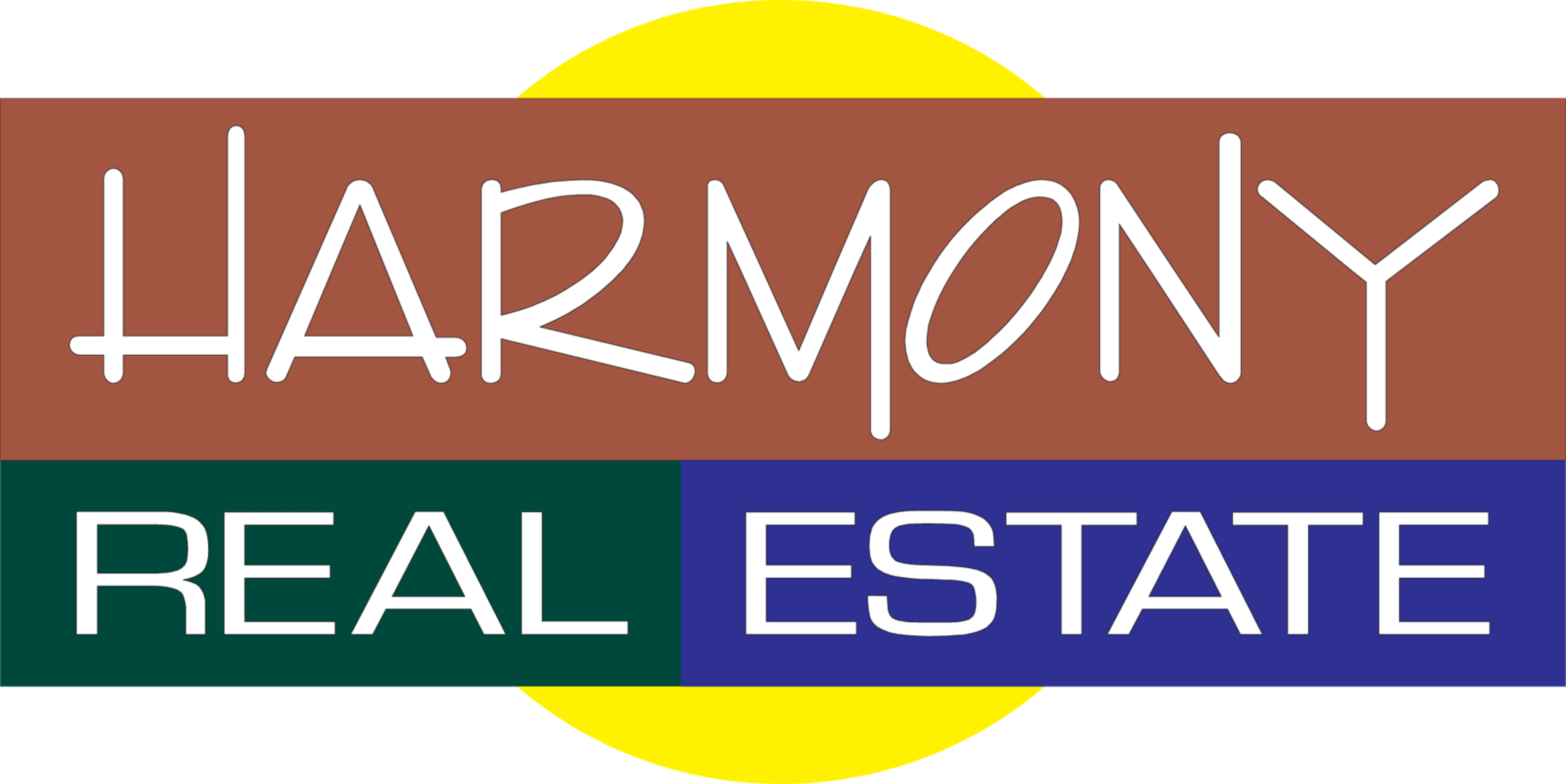Navigate the Maze: 12 Major Home Buyer Mistakes and How to Avoid Them

When purchasing a home, there are several pitfalls to avoid these 12 home buyer mistakes. Here are some key things not to do:
1. Get Pre-approved for a Mortgage:
Before you start house hunting, it's crucial to get pre-approved for a mortgage. This process involves providing your financial information to a lender, who then assesses your creditworthiness and pre-approves you for a specific loan amount. This not only demonstrates to sellers that you are a serious buyer but also gives you a clear understanding of your budget, helping you avoid falling in love with a house you can't afford.
2. Don't Skip the Home Inspection:
A home inspection is a non-negotiable step in the home-buying process. Hiring a professional inspector to thoroughly evaluate the property can reveal hidden issues that might not be obvious to the untrained eye. Skipping this step can lead to costly surprises after you've already purchased the home. It's essential for your peace of mind and financial security.
3. Avoid Overextending Financially:

3 hidden costs of home ownership
One of the most common home buyer mistakes is exceeding their budget. While your lender may approve you for a certain loan amount, it doesn't mean you should spend it all. Overextending financially can lead to financial stress, and you may struggle to make mortgage payments comfortably. Stick to a budget that leaves room for unexpected expenses and future financial goals.
4. Consider Total Costs:
Your mortgage is just one part of the cost of homeownership. Property taxes, utilities, homeowners' insurance, and maintenance can add significantly to your monthly expenses. Make sure to factor in all these costs when determining what you can afford and avoid being surprised by the full financial picture.
5. Don't Ignore Resale Value:
While you may plan to live in your new home for many years, it's wise to consider the property's potential resale value. This ensures you are making a good long-term investment and helps you avoid common home buyer mistakes. Think about the location, the neighborhood's desirability, and the home's features that could impact its value over time.
6. Avoid Making Large Purchases Before Closing:
Lenders often re-check your credit just before closing to ensure your financial situation hasn't changed. Making significant purchases or taking on new debt can affect your credit score and your ability to secure the mortgage. It's best to wait until after you've closed on your home to make major financial commitments.
7. Understand Your Mortgage Terms:

Mortgages come in various forms, such as fixed-rate and adjustable-rate. It's essential to understand the terms of your loan, including interest rates, the duration of the loan, and any potential adjustments. This knowledge ensures you can plan for your financial future and avoid any common home buyer mistakes or surprises when it comes to your monthly mortgage payments.
8. Avoid Being Too Emotional:
One of the most common home buyer mistakes is letting emotions solely dictate your choices. Purchasing a home is an emotional experience. Letting emotions solely dictate your choices can lead to poor decisions. Don't rush into a purchase just because you fell in love with a property. Take the time to assess whether it aligns with your financial and lifestyle needs.
9. Don't Neglect Neighborhood Research:
Your home is not just the building itself; it's the neighborhood and amenities that come with it. Neglecting to research the area can lead to dissatisfaction and is one of the common home buyer mistakes in the long run. Investigate the quality of schools, safety, proximity to work, shopping, and other factors that matter to you.
10. Use a Real Estate Agent :
Real estate agents provide expertise and guidance throughout the home-buying process. They can help you avoid common home buyer mistakes, find suitable properties, negotiate on your behalf, and navigate the complex paperwork. Their experience can save you time and money and provide you with valuable insights into the local housing market.
11. Consider Future Plans:
Think about your long-term plans and how the home fits into them. Will it accommodate changes such as a growing family, a career move, or retirement? Ensuring your home aligns with your future goals can prevent the need for frequent relocations and the associated costs.
12. Read Contracts Carefully:

Before signing any documents related to your home purchase, carefully read and understand all the terms and conditions. Contracts can be complex, and misunderstandings can lead to legal and financial issues. This is one of the most common home buyer mistakes. If you're uncertain about any aspect, consider seeking legal advice to ensure you are protected.
Purchasing a home is a significant and complex financial decision. Avoiding common home buyer mistakes and taking a thoughtful, well-informed approach to the process can help you make a sound investment and create a comfortable and secure living environment for you and your family.
If you're considering buying a house in Southern New Hampshire give our dedicated Agents a call. We look forward to hearing from you.
